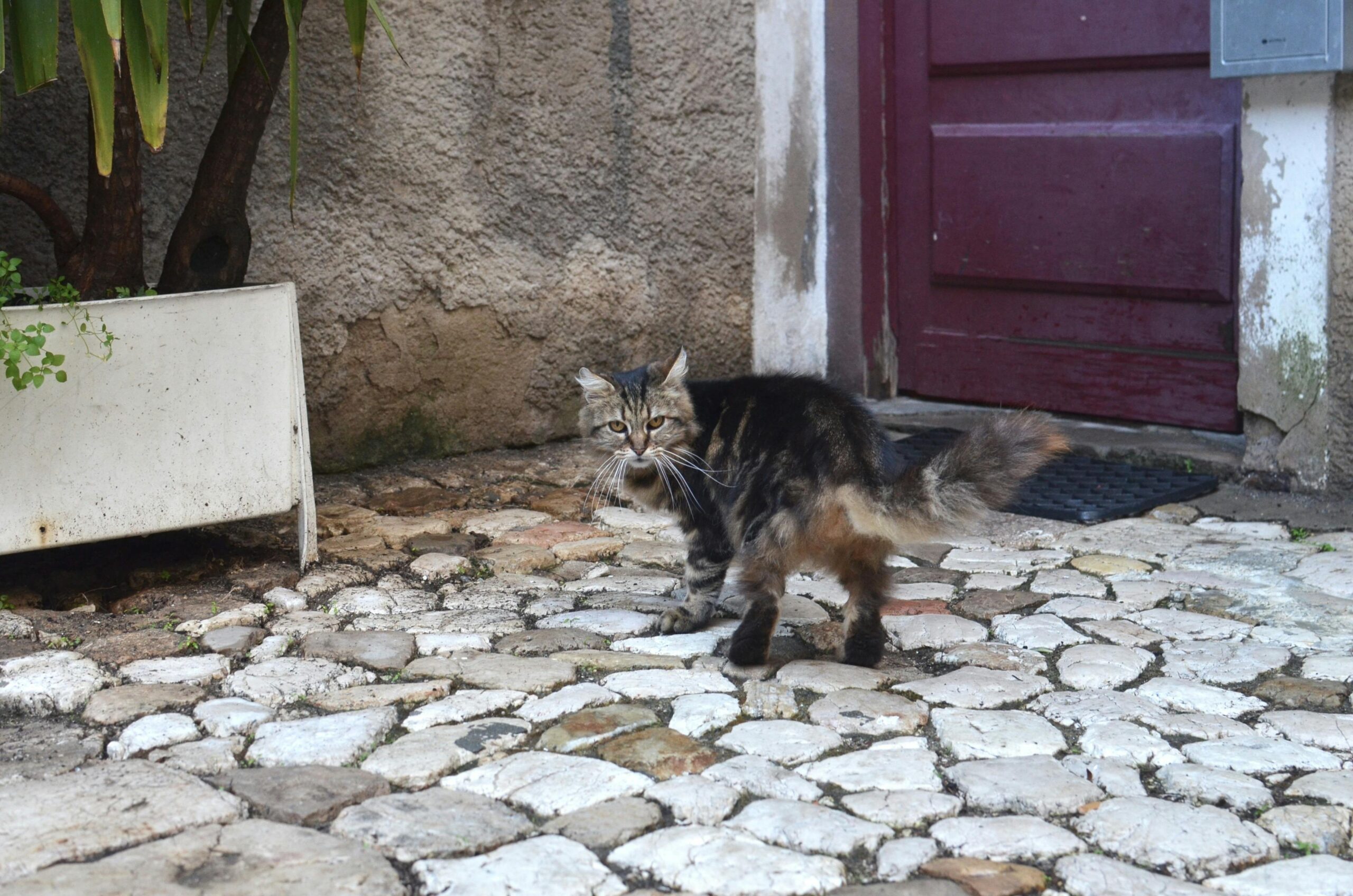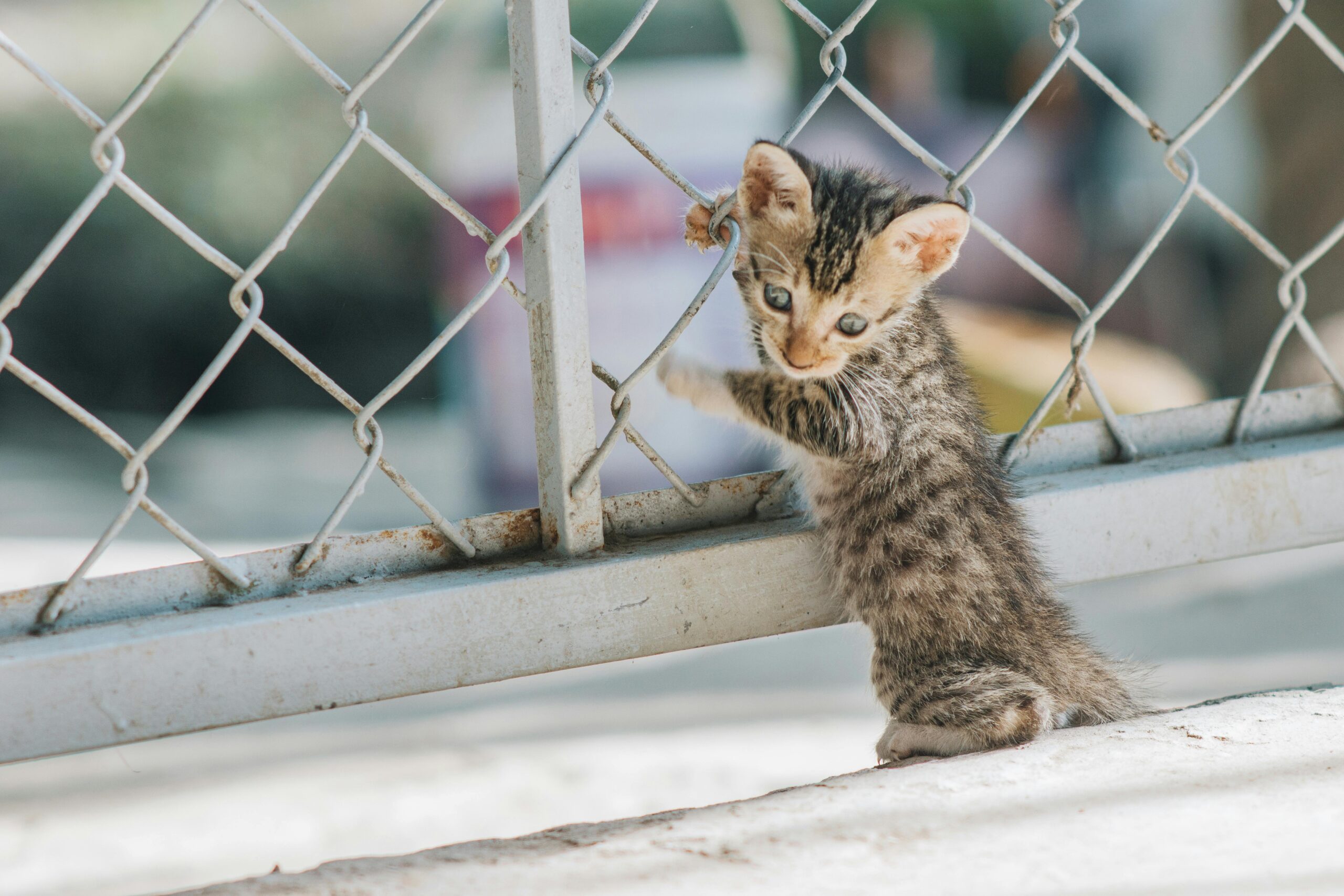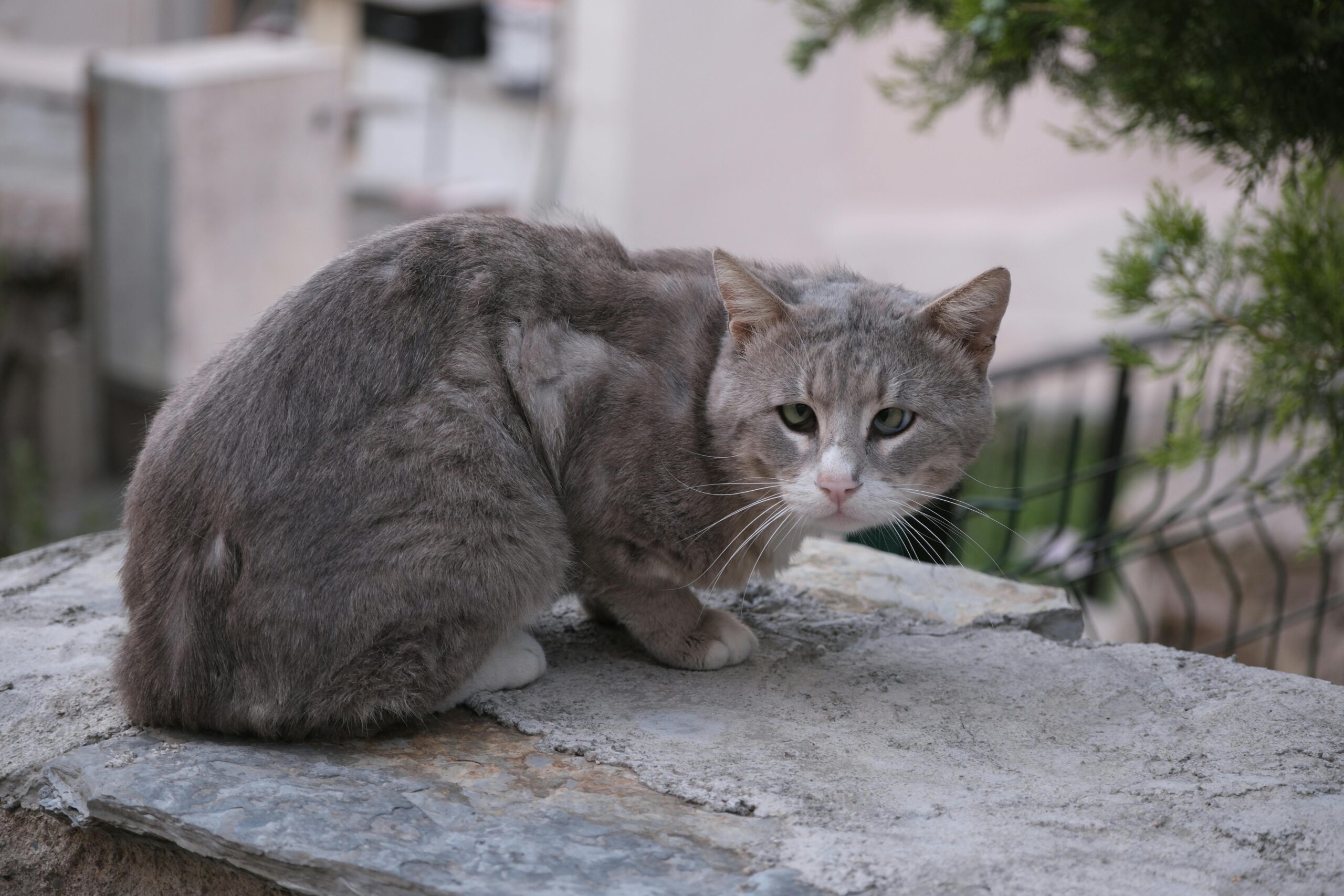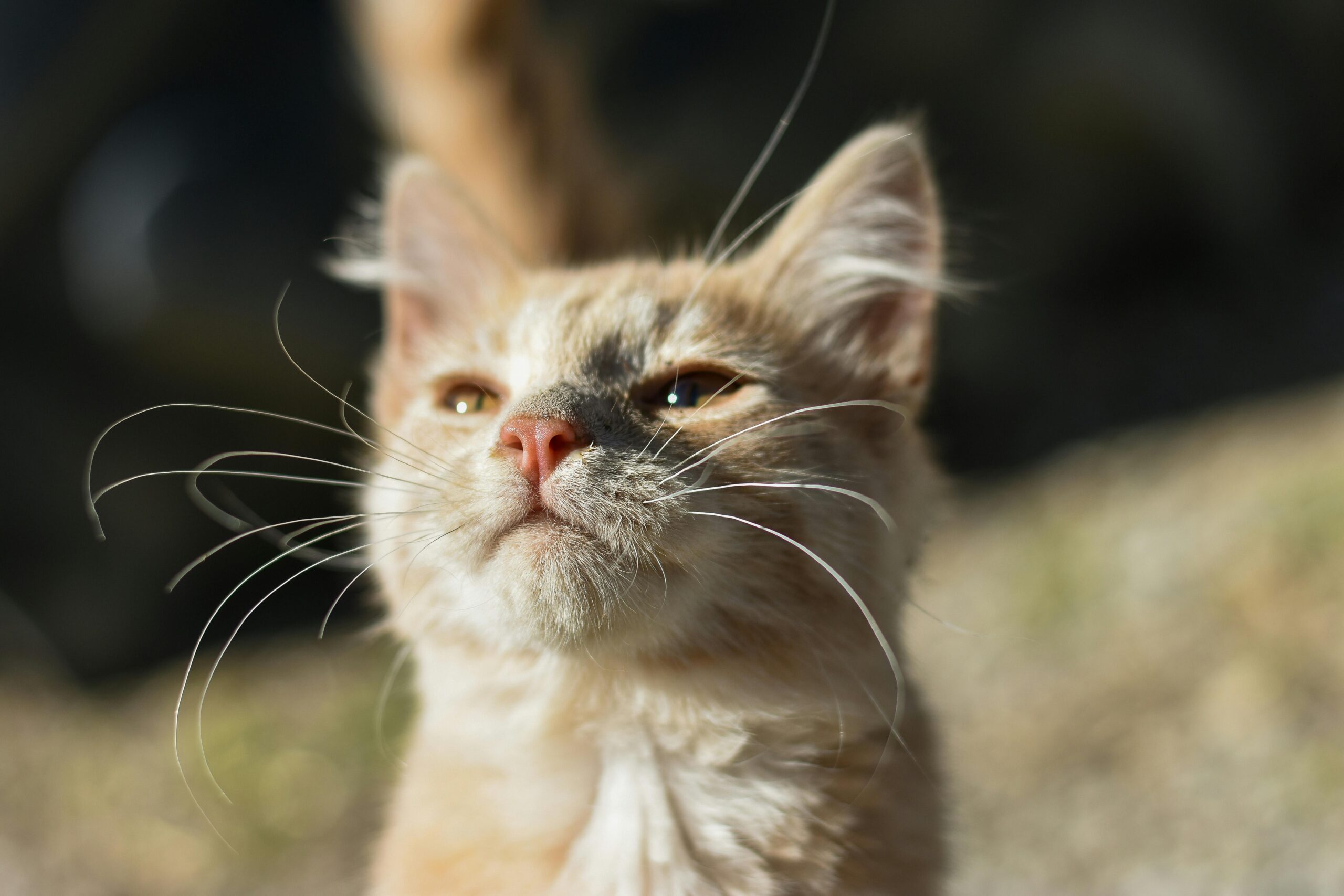Introduction:
Upper Respiratory Infections (URIs) are common ailments in cats, particularly in multi-cat households, shelters, and among outdoor cats. These infections, often referred to as “cat flu,” can cause significant discomfort for our feline friends. In this article, we’ll explore the causes, symptoms, prevention methods, and treatment options for URIs in cats.
What are Upper Respiratory Infections?
URIs in cats are similar to common colds in humans. They’re typically caused by viruses or bacteria that affect the nose, throat, and sinuses. The most common culprits are:
- Feline Herpesvirus (FHV-1)
- Feline Calicivirus (FCV)
- Bordetella bronchiseptica (bacteria)
- Chlamydophila felis (bacteria)
Recognizing the Symptoms:
- Sneezing
- Runny nose or nasal congestion
- Eye discharge (can be clear or colored)
- Coughing or wheezing
- Fever
- Loss of appetite
- Lethargy
- Mouth ulcers (more common with calicivirus)
- Squinting or rubbing eyes
How to Check Your Cat for URIs:

- Observe your cat’s breathing – look for rapid or labored breathing
- Check for nasal discharge – clear or colored
- Examine the eyes for any discharge or squinting
- Feel for fever (warm ears and nose can be indicators)
- Monitor eating and drinking habits
- Listen for sneezing, coughing, or congested breathing
Prevention Strategies:
- Vaccination:
- Core vaccines protect against feline herpesvirus and calicivirus
- Keep vaccinations up to date as recommended by your vet
- Reduce Stress:
- Provide a calm environment
- Maintain consistent routines
- Use pheromone diffusers to promote relaxation
- Maintain a Clean Environment:
- Regular cleaning and disinfection of living areas
- Wash food and water bowls daily
- Clean litter boxes frequently
- Isolate Sick Cats:
- Separate infected cats from healthy ones
- Use different feeding bowls and litter boxes for sick cats
- Good Hygiene Practices:
- Wash hands between handling different cats
- Clean and disinfect shared items
- Boost Immune System:
- Provide a balanced, nutritious diet
- Consider immune-supporting supplements (consult your vet)
Treatment Options:
- Supportive Care:
- Ensure hydration (may need subcutaneous fluids in severe cases)
- Encourage eating with warm, fragrant foods
- Clean discharge from eyes and nose regularly
- Medications:
- Antiviral medications for herpesvirus infections
- Antibiotics for secondary bacterial infections
- Eye ointments or drops for eye involvement
- Humidifiers:
- Increase air moisture to help ease congestion
- L-lysine Supplements:
- May help suppress viral replication in herpesvirus infections
When to Seek Veterinary Care:
Consult your veterinarian if you notice:
- Symptoms persisting for more than a week
- Refusal to eat for more than 24 hours
- Difficulty breathing
- Severe eye discharge or squinting
- Signs of dehydration (sunken eyes, lethargy)
Long-term Management:
Some cats may become chronic carriers, especially of feline herpesvirus. These cats may have recurrent flare-ups during times of stress. Managing stress and maintaining overall health is crucial for these cats.
Conclusion:
Upper Respiratory Infections are common but manageable conditions in cats. By understanding the symptoms, implementing preventive measures, and providing prompt care when needed, cat owners can help their feline companions stay healthy and comfortable. Remember, while many URIs are self-limiting, severe or prolonged cases always warrant veterinary attention.
This comprehensive guide provides cat owners with the knowledge to recognize, prevent, and manage Upper Respiratory Infections in their feline companions. Always consult with a veterinarian for personalized advice and treatment plans.










